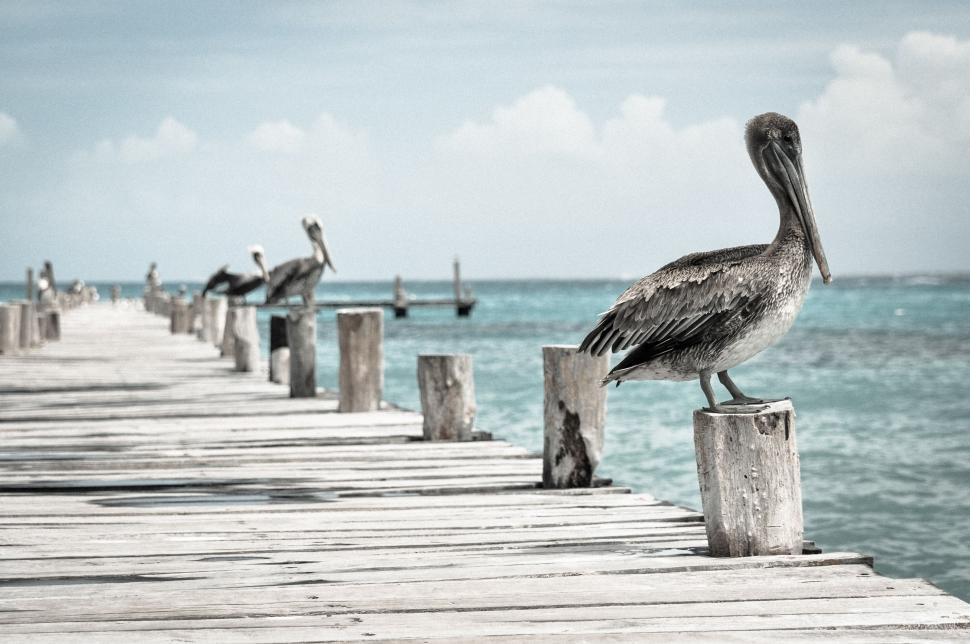The recent reports of sick and starving pelicans along the California coast have raised concerns among conservationists and bird enthusiasts. These majestic birds, often seen gliding gracefully over the ocean, have been found in distressing numbers, struggling to survive. The situation has become critical, with over 100 pelicans affected, showing signs of anemia, dehydration, and malnourishment despite the abundance of marine life in their habitat.
Earlier this week, lifeguards in coastal Newport Beach spotted a cluster of two dozen sick pelicans on a pier and called in wildlife experts to assist.
Debbie McGuire, executive director of the Wetlands and Wildlife Care Center in Huntington Beach, said the birds are the latest group that they’ve tried to save after taking in more than 100 other pelicans that were anemic, dehydrated and weighing only half of what they should despite an abundance of marine life around them.
“They are starving to death and if we don’t get them into care, they will die,” McGuire said. “It really is a crisis.”
Rescue centers, already stretched thin, are working tirelessly to care for these pelicans, many of which are entangled in fishing gear, adding to their plight. The cause of this worrying trend is not yet clear, but similar incidents in the past have prompted investigations into environmental factors that could be influencing the health of these birds. As the rescue efforts continue, the hope is to rehabilitate and return these pelicans to the wild, where they belong.
Bird Rescue, which runs two wildlife centers in northern and southern California, reported 110 sick pelicans in the past three weeks, many entangled in fishing line or hooks. It is believed that some of the hungry birds have attempted to grab fish caught by fishermen and get caught in the lines as a result, leaving them with deep cuts.
Tim Daly, a spokesperson for the California Department of Fish and Wildlife, which is tasked with trying to find the causes of sick and dying animals, said that the problem seems to stem from a spell of bad weather in April that caused visibility problems for the birds, leaving them unable to spot fish in the water.
Rehab facilities are intervening more aggressively than usual to try to remedy their plight, picking up the birds and feeding them the prey they’re unable to find for themselves, with the aim of releasing them back into the wild, Mr. Daly said.
A similar event occurred in 2022 when wildlife facilities treated hundreds of brown pelicans, which are a fully protected species in California.
Then, as now, birds were found emaciated. Many had secondary injuries or broken wings and died after arriving at the wildlife facilities. Results from testing later showed that the birds had died from starvation-related problems, even though there were no indications of disease or unusual parasites.
At that time, hundreds of birds were eventually released back into the wild in good health. The current hope is that the outcome will be similarly positive, however, experts never discovered the root cause of the issue in 2022 and still today are at a loss as to the origin of the crisis.












